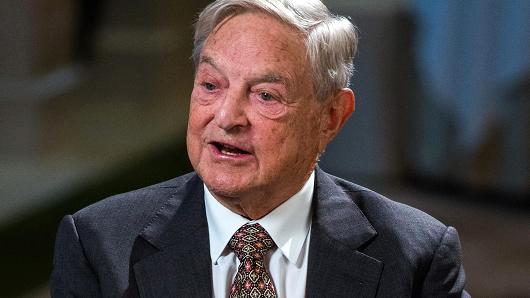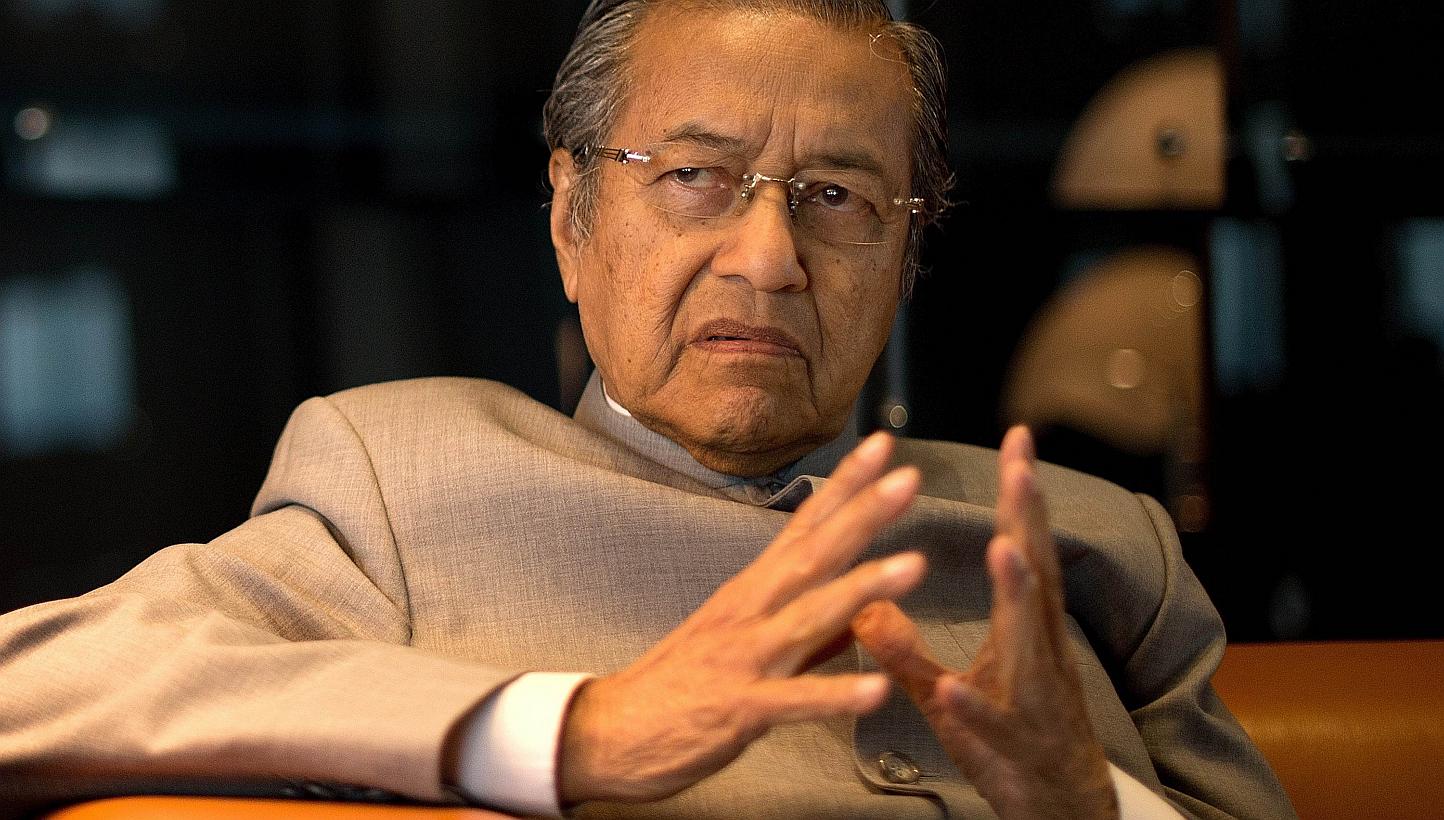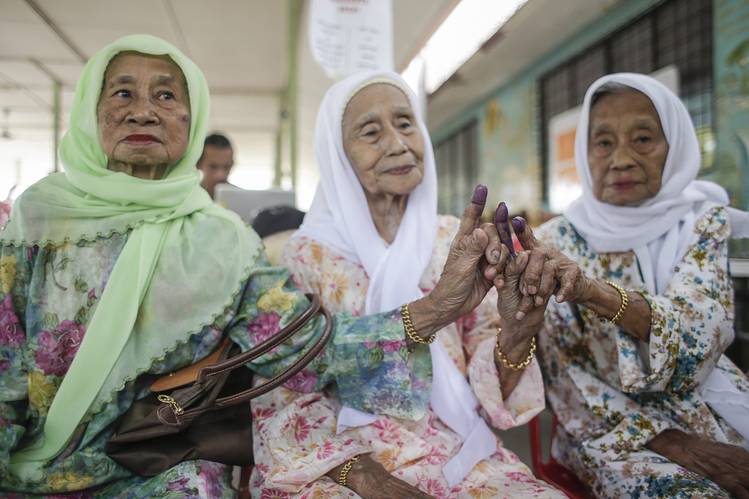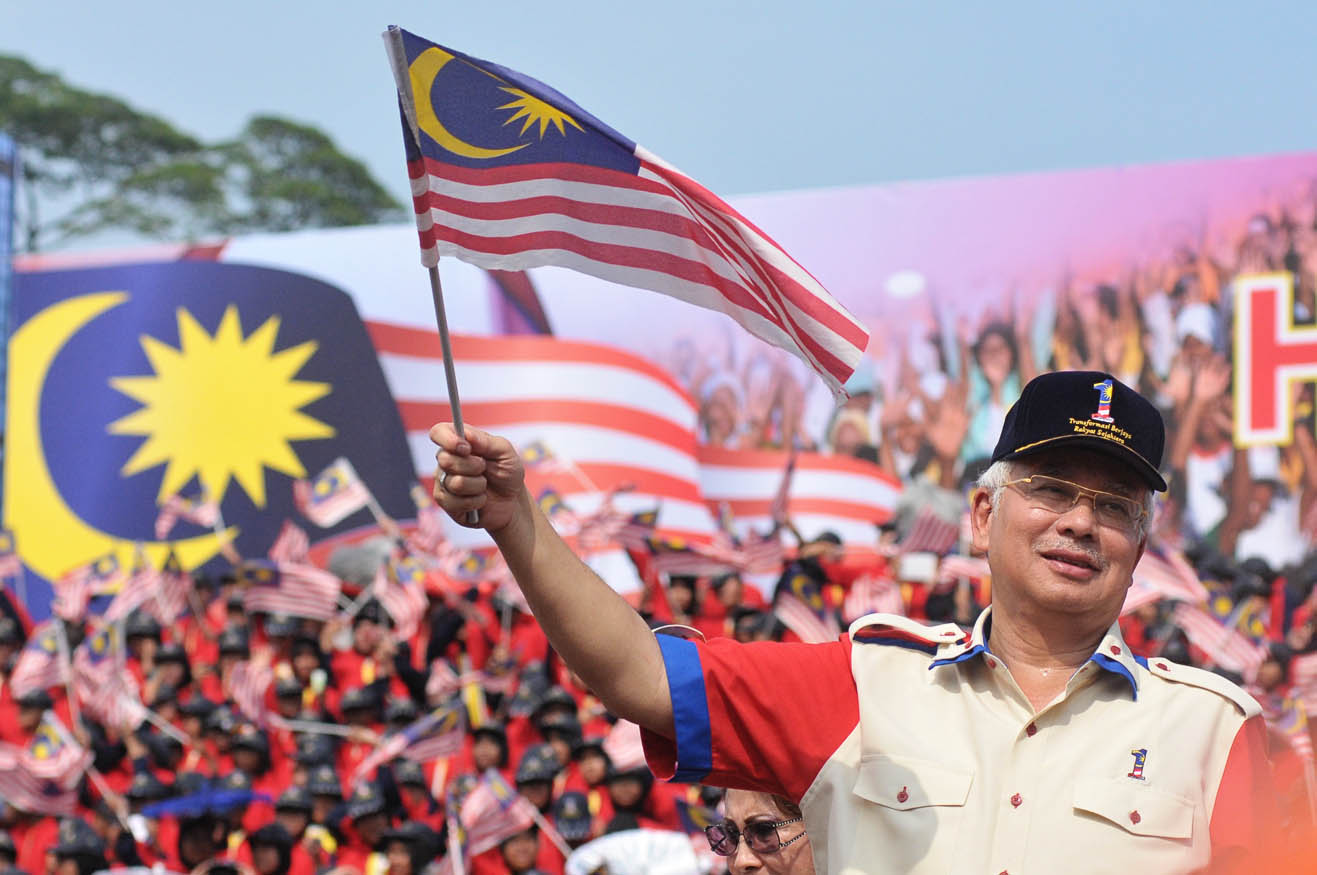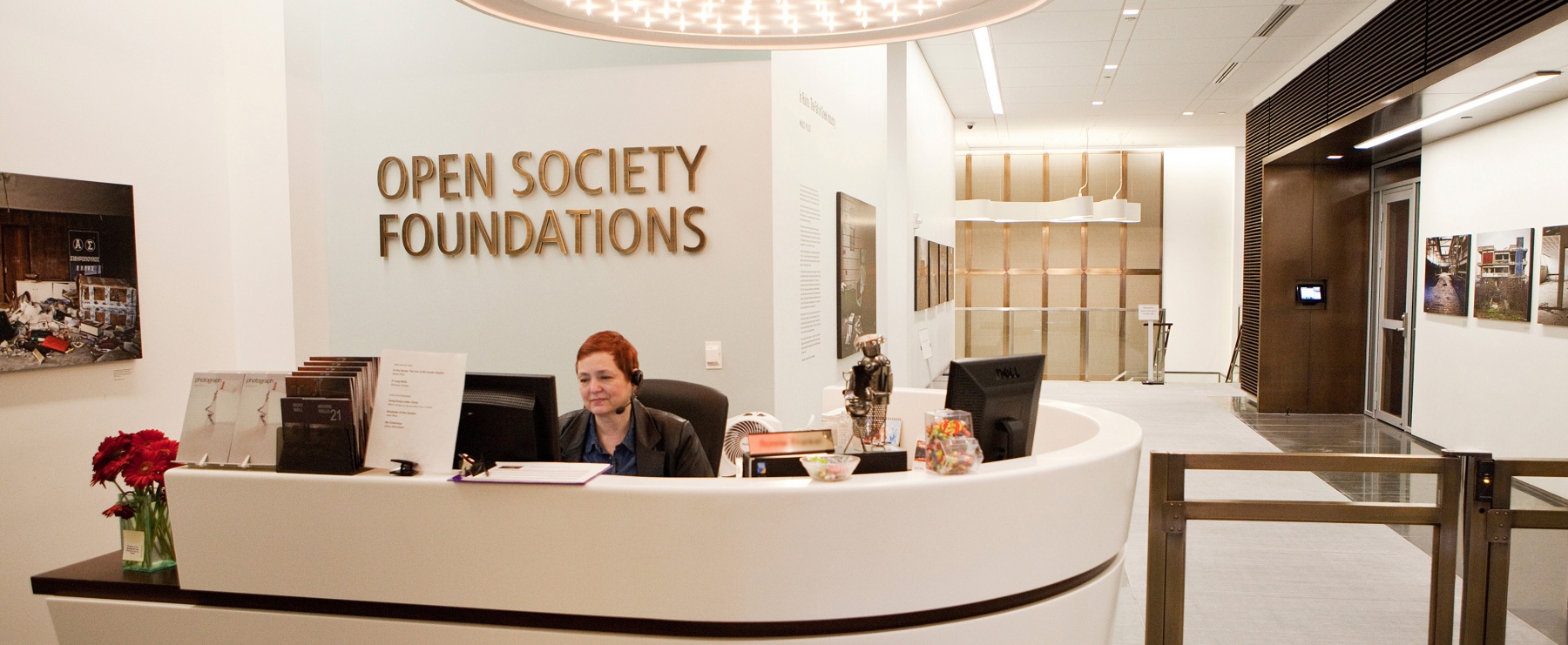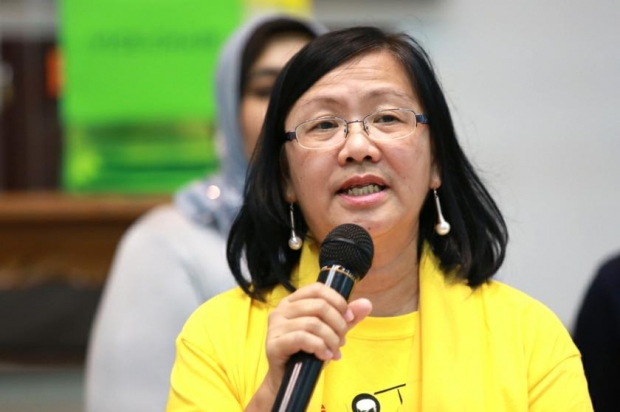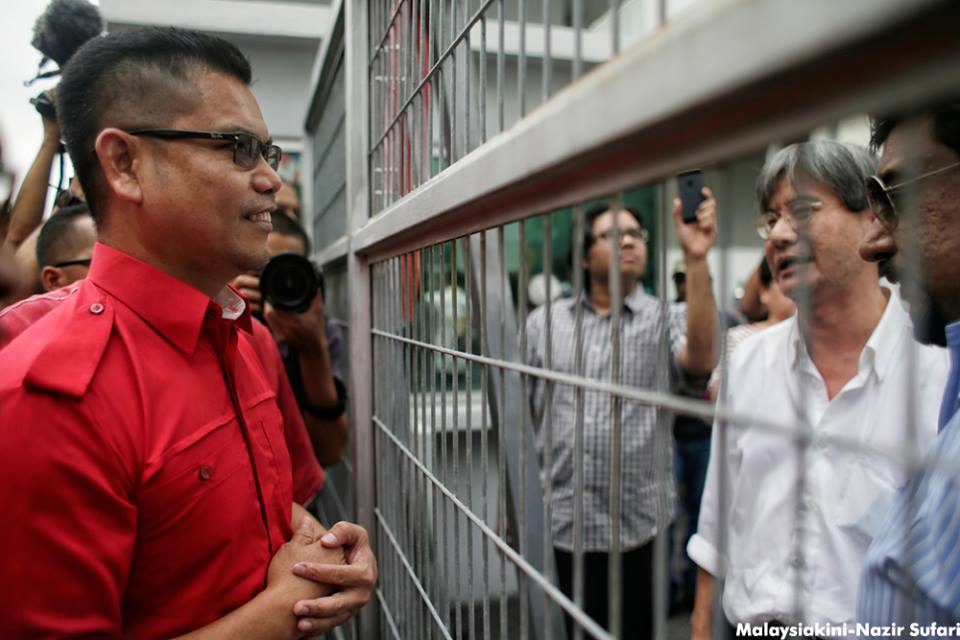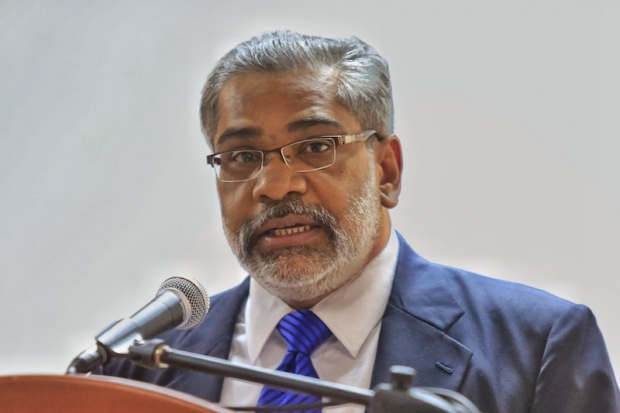8 Things About George Soros' Open Society Foundations (OSF) & How It Affects Malaysia
We simplified the complicated and got down to some fundamental stuff.
Over the last week or so, you may have noticed a hoo-ha surrounding one George Soros and his charity organisation, Open Society Foundations (OSF)
A leaked document which was highlighted by DC Leaks, a website that gained fame for publishing hacked emails of US presidential candidate Hillary Clinton, has been making its round on social media recently.
Titled 'Malaysia Programme – Portfolio Review Outcome Summary', the document is believed to be minutes of a meeting that took place in June 2015 with representatives from the Open Society Foundations (OSF) and independent research house Merdeka Center executive director Ibrahim Suffian, amongst others.
Following this, there have been speculations that this is just one of the signs that foreign powers are meddling with Malaysian affairs.
To help you understand the controversies surrounding this person and his fundings, and how Malaysia is connected, we simplify the facts below:
1. Who is this Hungarian-American billionaire-philanthropist George Soros?
A controversial figure, George Soros is best known for his namesake Soros Fund Management firm, which originally founded the OSF network in 1984 to help countries transition from communism.
The charity now funds projects aimed at democracy building across the globe, although it has also provided financial support to controversial projects.
It's interesting to note that, two branches of Soros' charity network — the Open Society Foundations (OSF) and the Open Society Institute (OSI) — has been banned in Russia in December 2015 because the country deems them to be "security threats".
2. The controversial figure has a bad history with Malaysia
Soros has always been seen as the mastermind behind the 1997-98 Asian financial crisis which is said to have ruined Malaysia's economy after the country enjoyed such high growth rates in the mid-90s.
Former Prime Minister Tun Dr Mahathir Mohamad was very vocal about Soros, accusing him of playing a role in causing the economic crisis, though he later changed his views of Soros in 2006.
Meanwhile, Ministers in the Prime Minister’s Department Datuk Seri Dr Wee Ka Siong also spoke about Soros and linked him to the crisis recently.
"Soros is famous for his role in the Asian financial crisis in 1998. Knowing his background, we can conclude he is not one who comes with good intentions," he was quoted as saying by The Star Online.
3. A hidden agenda. Critics said that Soros wants to influence the outcome of the country's next general election in 2018.
According to the leaked document, OSF's 'Malaysia Programme' is working towards supporting free and fair elections in Malaysia.
One of the most successful initiatives was making "grants" or providing funds to civil society groups working for a common cause. This reportedly includes Bersih, C4 Malaysia, Pusat Kesedaran Komuniti (Empower), Islamic Renaissance Front, Merdeka Centre for Opinion Research, Penang Institute, Suara Rakyat Malaysia (Suaram), Citizen Journalists Malaysia (Sabah) and the Committee For Free Elections (Comfrel).
Critics have claimed that the contents of the leaked documents suggest that Soros has an ulterior motive as OSF outlines its efforts to influence Malaysian politics.
They are worried that external parties are interfering in the country's political scene and said that the fundings are provided to influence the outcome of the next general election.
4. OSF has openly denied all allegations of overthrowing the Malaysian government
The following is the statement released by OSF on 2 November refuting all allegations that they are rigging the next general elections in Malaysia: "Claims that the Open Society Foundations funded attempts to overthrow the government in Malaysia are entirely false."
"The Open Society Foundations support justice, accountability and democratic practice around the world and in Malaysia our grant-making to civil society includes efforts to promote public health, foster fair migration policies and encourage the civic and political participation of all Malaysian citizens."
5. OSF explained that it has been funding Malaysian civil society for more than a decade
OSF revealed that its total funding in Malaysia averaged around USD700,000 (RM2.93 million) annually and stressed that all of its activities are non-partisan.
6. OSF has denied funding electoral watchdog Bersih 2.0 except in 2011/2012
It said Bersih, which advocates for fair elections and anti-corruption, received small grants from OSF in 2011/2012 but is no longer receiving help.
"The Open Society Foundations do not currently support Bersih," it said.
Bersih 2.0 chairperson Maria Chin Abdullah told Free Malaysia Today that the electoral watchdog has not received any form of funding from OSF ever since they received a one-time funding between 2010 and 2011, amounting to about RM70,000 - an amount which only made up 11% of their income at the time. Since 2011, Bersih has been relying on public donations.
7. The police are probing local media Malaysiakini over allegations of Soros funding
Red Shirts' leader Datuk Jamal Yunos (left) confronting Malaysiakini editor-in-chief Steven Gan (right) yesterday, 3 November.
Image via Nazir Sufari/MalaysiakiniAccording to Malay Mail Online, the police are investigating Malaysiakini under Section 124C of the Penal Code for allegedly trying to undermine parliamentary democracy because they received funds from George Soros’ Open Society Foundations (OSF).
It was reported that Malaysiakini admitted that it received a grant from OSF to produce the 'Realiti Sarawak' and 'Sekilas Bumi Kenyalang' programmes, adding that it only constituted a small portion of its revenue.
This was revealed yesterday, 3 November, after anti-Bersih group Red Shirts' leader Datuk Jamal Yunos brought some 50 members from the group to demand an explanation on Malaysiakini's funding from OSF.
8. The Malaysian Bar Council said that it received a sum of RM53,757.13 (USD15,000) from OSF to carry out a research study on 'Access to Justice for Migrants'
Chairperson of the Bar Council Migrants, Refugees and Immigration Affairs Committee Datuk Seri M. Ramachelvam
Image via Malay Mail OnlineChairperson of the Bar Council Migrants, Refugees and Immigration Affairs Committee Datuk Seri M. Ramachelvam revealed that the grant was received on 7 January 2015.
"It was used exclusively for the research study - payment of the researcher, transcribing and reviewing costs, consultation with stakeholders and out of pocket expenses."
"None of the grants was used for the Bar Council of Malaysia's operating or administrative expenses," he said when asked to comment on an allegations that the Bar might have received financial assistance from the OSF.
